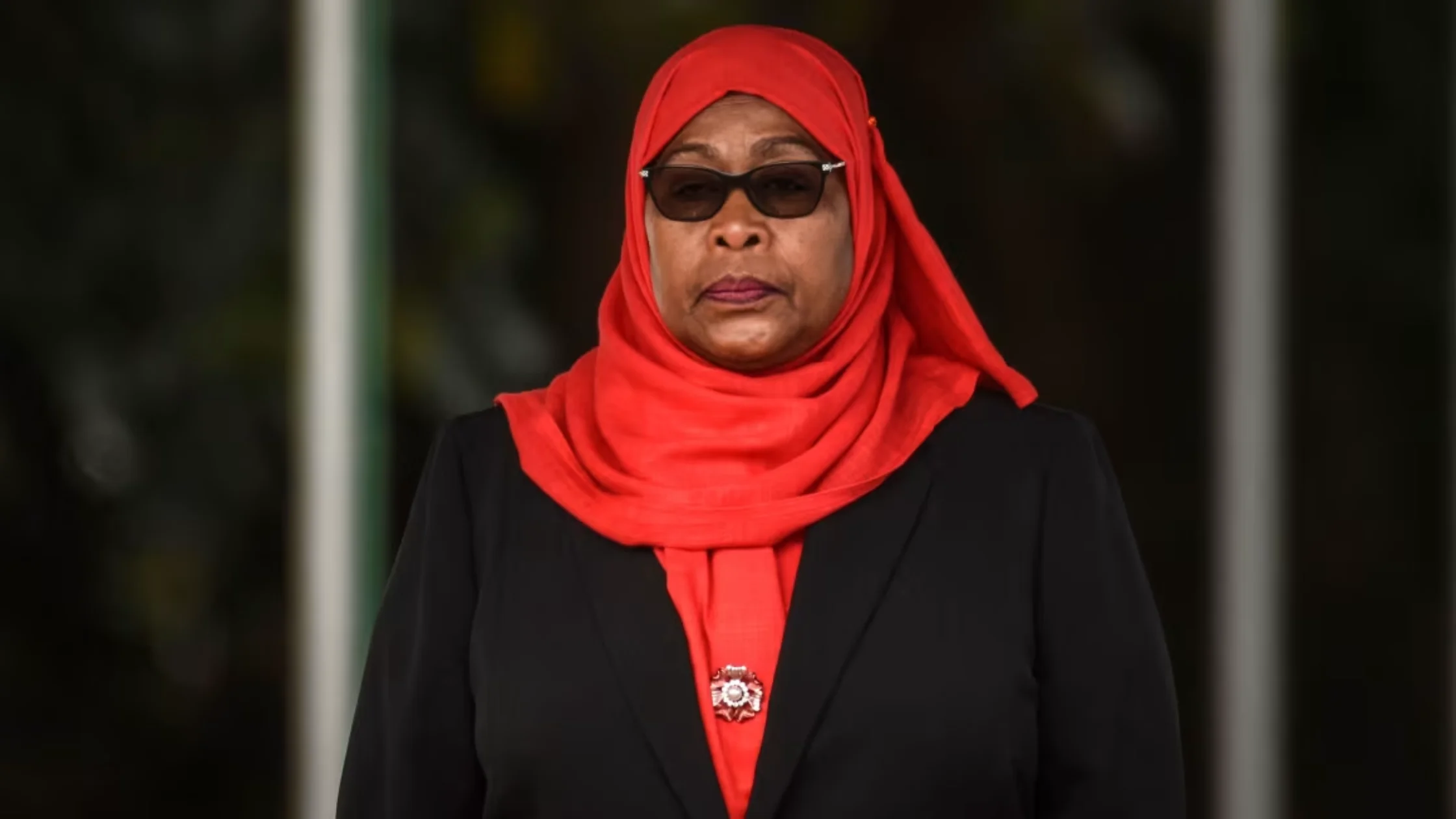Tanzania has rolled out a tough new law that bans non-citizens including large communities of Nigerians and Kenyans from operating in 15 business sectors, with severe penalties for violations.
The Business Licensing (Prohibition of Business Activities for Non-Citizens) Order, 2025, signed on July 25 by the Minister for Industry and Trade, Selemansi Saidi Jafo, aims to protect local entrepreneurs by reserving key economic activities exclusively for Tanzanian citizens.
What the Law Says
Under the new order, foreigners are prohibited from engaging in businesses considered small-scale or sensitive to local livelihoods. The government argues this move will empower domestic entrepreneurs, reduce unfair competition, and keep wealth circulating within Tanzania’s economy.
The law comes with heavy penalties for those who ignore it:
- Fine: Up to TZS 10 million (approximately $3,900)
- Prison: Up to 6 months behind bars
- Visa and Permit Revocation: Immediate removal from Tanzania
Any Tanzanian who helps a non-citizen operate in these restricted sectors will also face TZS 5 million in fines or three months in jail.
The 15 Prohibited Business Activities for Non-Citizens
- Mobile money transfers
- Repair of mobile phones and electronic devices
- Sale of goods on wholesale and retail basis (excluding supermarkets and specialized outlets)
- Salon business (unless inside a hotel or tourism facility)
- Home, office, and environmental cleaning services
- Small-scale mining
- Postal activities and parcel delivery within the country
- Tour guiding within the country
- Establishment and operation of radio and television stations
- Operation of museums or curio shops
- Brokerage or agency in business and real estate
- Clearing and forwarding services
- On-farm crop purchasing operations
- Ownership or operation of gambling machines or devices (except in casinos)
- Ownership and operation of micro and small industries

The law allows a transition period for non-citizens who already have valid licenses. They may continue operations until their licenses expire, after which renewal will be denied.
Why This Matters for Nigerians and Kenyans
The new rules are expected to impact thousands of Nigerians and Kenyans living in Tanzania who operate mobile money kiosks, beauty salons, courier services, and small trading businesses sectors that have long been entry points for immigrants seeking economic opportunities.
Kenya and Nigeria, two of Africa’s largest economies, have seen significant migration to Tanzania for work and entrepreneurship over the past decade. Many migrants have established businesses in the very sectors now being restricted.
This development raises questions about regional integration and the future of free trade under the African Continental Free Trade Area (AfCFTA), which seeks to encourage cross-border business. It also signals a growing wave of economic protectionism across Africa, as governments balance local empowerment with continental trade ambitions.
The Bigger Picture: Trend of Protectionism?
Tanzania’s move is not isolated. Other African nations, including Ghana and Zambia, have imposed similar restrictions in recent years, citing the need to protect small and medium-sized enterprises from foreign dominance.
Critics argue that such measures may discourage foreign investment and strain relations between African countries, while supporters say they are essential for nurturing local businesses and jobs.
What’s Next?
For Nigerians and Kenyans in Tanzania, the message is clear: adapt or exit. Businesses in mobile money, parcel delivery, salon services, and several other sectors will need to pivot to permitted industries or face legal consequences.
As enforcement begins, the spotlight will be on how strictly the law is implemented, and whether diplomatic pressure from Nigeria and Kenya could influence its application.















